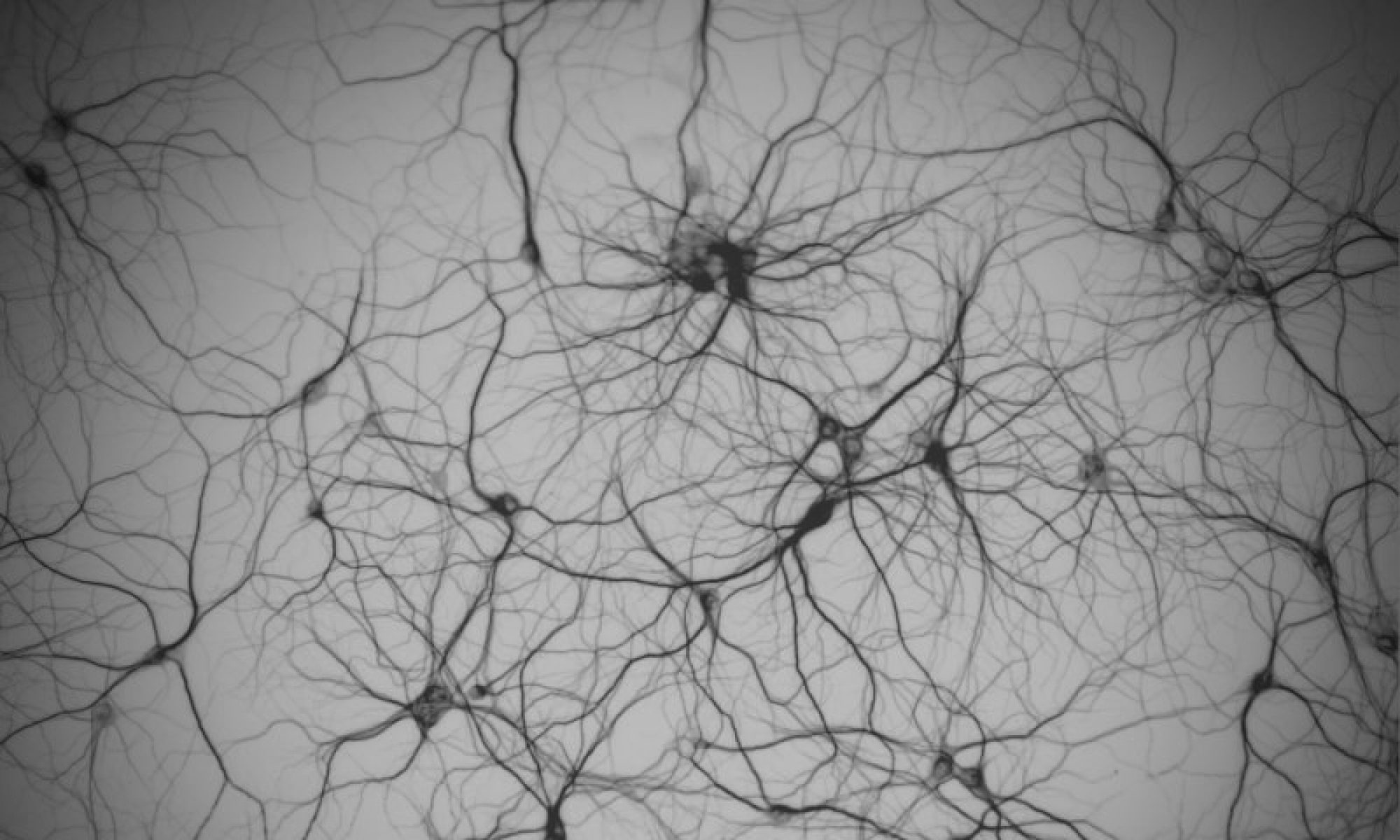Lambros Malafouris
Alexandra Middleton
Frank Schumann
Anna Ciaunica
The Meeting of Bodies: Basic forms of Shared Experiences
Human beings show this fascinating ability to meet each other’s minds, sharing their
emotions, intentions, desires and perceptual experiences. This talk examines what counts as
the most basic forms of shared experiences. For example, Zahavi & Rochat (2015) recently
draw on phenomenological insights and developmental studies in order to support the idea
that empathy (with its preservation of self-other differentiation) must be considered a central
precondition for experiential sharing
While previous approaches defined experiential sharing by using vision as a paradigmatic
example of ‘togetherness’ (e.g. face-to-face encounters), here I argue that we need to consider
the case of intersubjective touch in early infancy (skin-to-skin encounters) and shared
embodiment as a more basic model of experiential sharing in general.
Specifically, I focus on a relatively overlooked aspect, namely the fact that we all start our
journey into our experiential life within the experiencing body of another person. The aim is
to show that shared experiences are phenomena emerging first and foremost from a ‘meeting
of bodies’ rather than of minds as such they precede rather than presuppose empathetic
abilities. I conclude by discussing discuss potential implications of this bottom-up, dynamic and
developmental perspective on therapeutic interventions for self-disturbances in dissociative
conditions such as depersonalisation.
BIO: I am a Researche Associate at the Institute of Philosophy, Porto, and the Institute of Cognitive Neuroscience, University College London, UK where I lead as Principal Investigator the
interdisciplinary project “Estranged from Oneself, Estranged from Others- Investigating the
effect of Depersonalisation on Self-Other Mirroring”. Before that I was Research Associate at
the Department of Clinical, Educational and Health Psychology, UCL, the UK. My research focuses on the relationship between (a)typical forms of bodily self-consciousness
and social interactions. My work combines interdisciplinary resources from philosophy,
experimental psychology and cognitive neuroscience in order to gain a better understanding
of the bodily foundations of subjective experiences and phenomenal selfhood, both in health
and disease. I am also the main coordinator of the interdisciplinary Network for Embodied Consciousness and the Arts (NECTArts) connecting artists, researchers, clinicians, performers and people with lived experiences working at the interface between arts and science, with focus on the link between altered sense of self and social isolation.
Jeff Haller
Feldenkrais
Bruna Petreca
Radically Relational Lab: Approaches for designing from and into feel
This Radically Relational Lab responds to timely topics in view to current socio-technical challenges, and which are aligned with the Burberry Material Futures Research Group agenda. These are: (i) sustainability challenges related to fashion cultures of consumption, and (ii) disconnect between digital and physical fashion experiences. In order to start to address the pressing need for transitioning to more sustainable practices in fashion design and consumption, this lab proposes to take us back to the invisible dimensions of human experiences, in order to get us back in touch with textiles and our experiences.

This lab builds on Petreca’s investigations taking a micro-phenomenological approach to how we feel textiles, and on the relevant embodied processes to experiencing and selecting textiles that were observed (Petreca et al., 2015, 2019). In this lab, the emergent experiential phases from this prior research, namely ‘Situate’, ‘Simulate’, and ‘Stimulate’ (Petreca et al., 2015), will be used as a framework to the discovery-creative activities that will be proposed. Participants will be introduced to the relevant practical-theoretical background and to diverse tools, techniques and strategies that position relational principles (based on interactions with ‘others’- people or things) and embodied processes at the core of the creative practice as a radical proposal for the design of experiences. Such activities have a particular focus on supporting participants in focus, elaboration, articulation, and communication of the touch experiences they have through and with (textile) materials and products.
The ultimate goal of this lab is to observe with participants how tuning into how we feel may reveal a powerful approach to more meaningful experiences with and through textiles, that can help us re-signify our present relationship with clothes.

Bruna Petreca is the Research Fellow in Human Experience & Materials at the Burberry Material Futures Research Group (BMFRG) of the Royal College of Art. She holds a PhD in Design Products (Royal College of Art), and a BA in Fashion & Textiles (USP, Brazil). Her research is focused on multi-sensory and embodied aspects of materials experience in design. At the BMFRG Bruna contributes by addressing the human sensory experience of materials both in physical and digital environments. This research is focused on enhancing and complementing existing knowledge of materials (particularly aged, bio-, and waste-based materials), and supporting the development of new models of production, consumption, communication, and archiving. Bruna also contributes with pedagogical development and teaching in the sensory and sustainable topics around materials & design at the professional MA from Belas Artes University in São Paulo – Brazil, and is a member of the micro-phenomenology community.
References:
- Petreca, B., Saito, C., Baurley, S., Atkinson, D., Yu, X. and Bianchi-Berthouze, N., 2019. Radically relational tools: A design framework to explore materials through embodied processes. International Journal of Design, 13(2), pp.7-20.
2 Petreca, B., Baurley, S. and Bianchi-Berthouze, N., 2015, September. How do designers feel textiles?. In 2015 International Conference on Affective Computing and Intelligent Interaction (ACII) (pp. 982-987). IEEE. Vancouver


